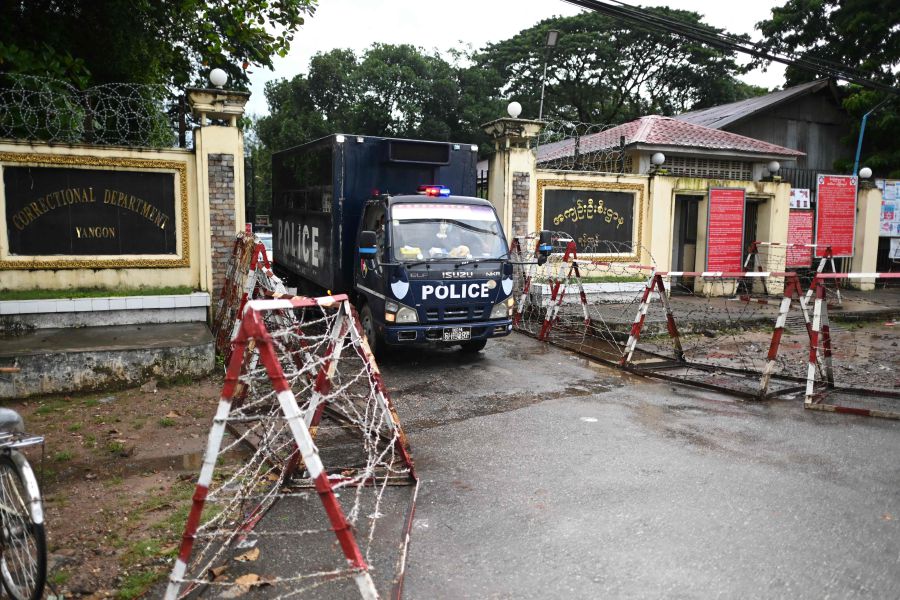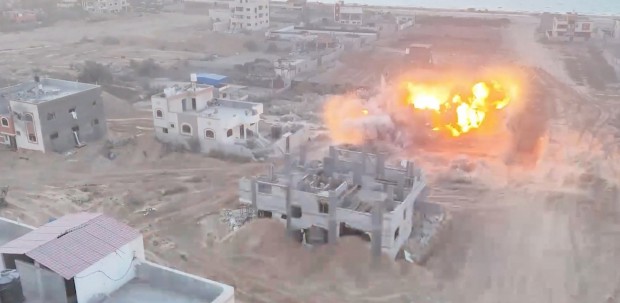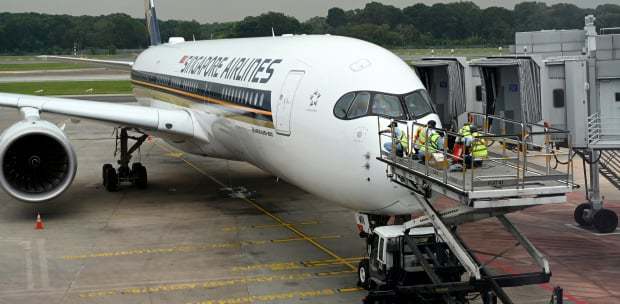FOREIGN Minister Datuk Seri Saifuddin Abdullah's announcement on May 1 that Asean should consider informal engagement with the National Unity Government (NUG) in Myanmar is a breakthrough, at least for Southeast Asia's standards.
Such new position is a positive and important development for the region.
On one hand, we have a more progressive camp led by Malaysia, Singapore and Indonesia in trying to mould a tougher position against Senior General Min Aung Hlaing and his associates in Naypyidaw.
On the other, we have the more authoritarian members of Asean who are against any bolder approach to solve the crisis.
That's why Malaysia's proposal to start working with the NUG is an important development.
In this context, Asean is trying to push forward with the one area where consensus can be met in relation to Myanmar — humanitarian affairs.
The bloc is working on two parallel fronts; a formal diplomatic engagement track, the Asean Humanitarian Assistance Delivery Arrangement Framework, and then, a more behind-the-scene personal relationship-based negotiation between Cambodia Prime Minister Hun Sen, also the current chair of Asean, and the Myanmar generals.
It has been reported that Hun Sen has been pushing the junta hard and not only in humanitarian affairs. As reported by the Diplomat, Hun Sen is demanding that the Asean Special Envoy to Myanmar be given access to ousted leader Aung San Suu Kyi.
The fact that Malaysia openly came up with a proposal to start informal negotiations with the NUG could create more pressure on the generals.
Their condemnation of Saifuddin's statement as "irresponsible and reckless" cannot but confirm that Malaysia took the right moral decision here.
If the international community wants to lessen the sufferance and pain inflicted on the populations by the civil war right now raging in Myanmar, it is essential to talk with those who are opposing the junta.
The existing chaos and violence in the country meet all definitions of civil conflict, even though it continues to be hard to admit this plain truth.
And, that's why the new position that Malaysia is trying to forge within Asean is incredibly important. Could we expect more like a formal recognition of the NUG as a legitimate stakeholder in the future of the country?
I wish this were possible. I do sympathise with the position of the Asean Parliamentarians for Human Rights (APHR) that Asean should "meet officially and publicly with representatives of the duly elected NUG".
Officially recognising NUG as part of the solution to any peace agreement would not automatically disqualify the regime from taking part in negotiations.
It is not the same thing as de-legitimising the generals and, instead, proclaim the NUG as the only and exclusive representative of the people of Myanmar.
In my idealistic conception of foreign policies, I would have already officially recognised the NUG as the only legitimate government, but no nation has gone so far.
The French senate, last October, passed a resolution to these effects but was not brought forward by Paris.
Similarly, the European Parliament did the same thing just few days after the French senate's vote, but still no one in the European Union has officially disregarded the junta in favour of the NUG. They certainly do heavily criticise the regime, but still did not dare to go that far.
Like it or not, this is the current state of the play between Naypyidaw and the rest of the world.
For now, what is really important at least is to ensure that humanitarian aid reaches out to the population.
For this to happen, the generals have to commit in principle to lessen the use of lethal arms and constructively work for a mechanism that would allow unhindered humanitarian aid.
Malaysia should continue to push for Saifuddin's proposal. Yet, as expected, the recent meeting of the Asean Foreign Ministers did not endorse it.
Regardless, Malaysia needs to march on and press ahead with its new stance and ensure that like-minded countries like Singapore and Indonesia will also actively work in the same direction.
It is inevitable that sooner or later the NUG will be officially recognised as one of the two key actors, whose role is going to be paramount to chart out a democratic future for Myanmar.
Till then, not only Wisma Putra, but also Prime Minister Datuk Seri Ismail Sabri Yaakob should vigorously lead this path of principled and moral foreign policy.
The author writes on civic engagement, youth development, the SDGs and regional integration in the context of Asia Pacific






